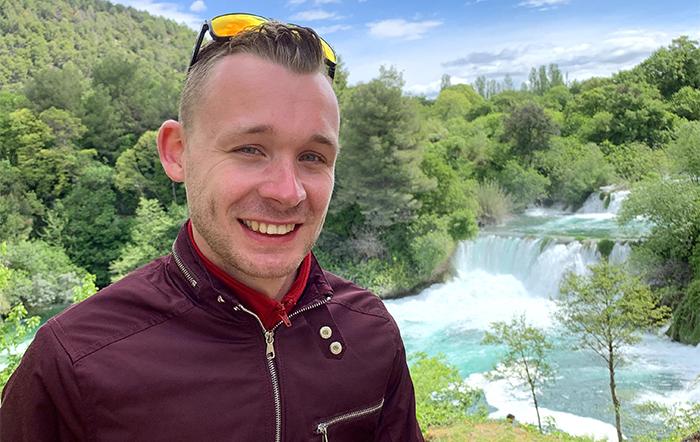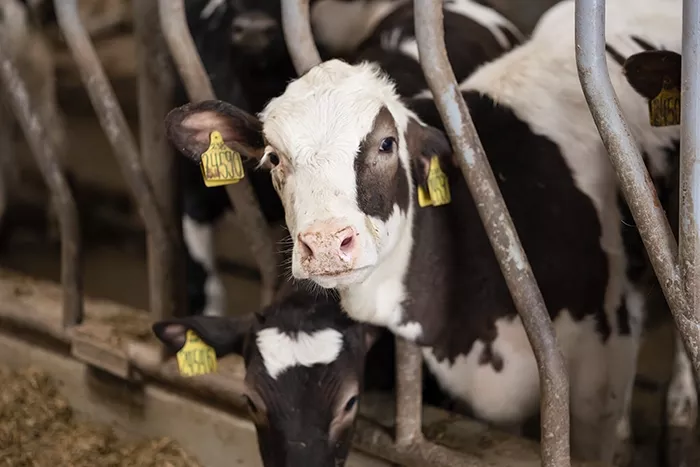The food industry will go to great lengths (and spend a fortune) to lobby policymakers, confuse the public and politicise scientific findings. When scientific evidence indicates the need to phase down environmentally harmful or unhealthy products, the responsible industry pushes back. In an article for The Conversation, Stephanie Walton, DPhil candidate in the School, explores how stranded assets may be motivating this resistance and examines the possible solutions.
News

SoGE MSc student Tabina Manzoor gives opening address at Right Here, Right Now climate summit
Tabina Manzoor, a Kashmiri student, researcher, and environmentalist currently pursuing an MSc in Water Science, Policy, and Management at SoGE, served as a student co-moderator at Oxford’s recently concluded Right Here Right Now Global Climate Summit, where she also gave an opening address at the Sheldonian Theatre.
Laura Mitchell wins GHWRG dissertation prize for work on everyday mobilities for women living with Polycystic Ovarian Syndrome
The Geographies of Health and Wellbeing Research Group (GHWRG), part of the Royal Geographical Society (with IBG), has named Laura Mitchell as a joint winner of their 2021 undergraduate dissertation prize.
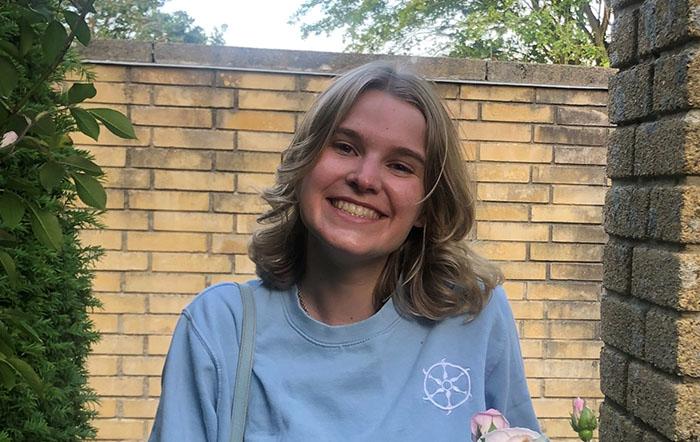
Dr Louise Slater awarded UKRI Future Leaders Fellowship
Dr Louise Slater is one of eight Oxford University academics who have been awarded significant financial funding from the UKRI 'Future Leaders Fellowships scheme' that was created to help develop the next wave of world-class research and innovation leaders in academia and business.

As nature climbs up the political agenda, how can researchers better engage with policy on biodiversity?
Researchers from the University of Oxford's School of Geography and the Environment, Jasper Montana, Rosaria, Trisha Gopalakrishna and E. A. Welden, explore how academics can help inform policy on biodiversity following a series of three seminars and a workshop in early Summer 2021, which brought together academics from across the Oxford Biodiversity Network to share their experience working with policymakers.

Seeing the city digitally: Prof Gillian Rose delivers flagship lecture for The British Academy
Gillian Rose, Professor of Human Geography and Head of the School of Geography and the Environment at the University of Oxford, has delivered a flagship lecture for The British Academy.

Earth will hit 1.5°C climate limit within 20 years, says IPCC report
Scientists from across the world including ECI Associate Director Friederike Otto contributed to the IPCC's sixth assessment report, released today. The findings have been described as the starkest warning yet, with earth likely to hit the 'critical threshold' of 1.5 degrees warming within twenty years without decisive action. By 2100, in a worse case scenario, the earth would have warmed by 4.4 degrees and the consequences for life on earth would be devastating. In a best-case scenario, sustained action would see net zero achieved and warming limited to 1.4 degrees by 2100. Dr Otto was a leading author of the report.
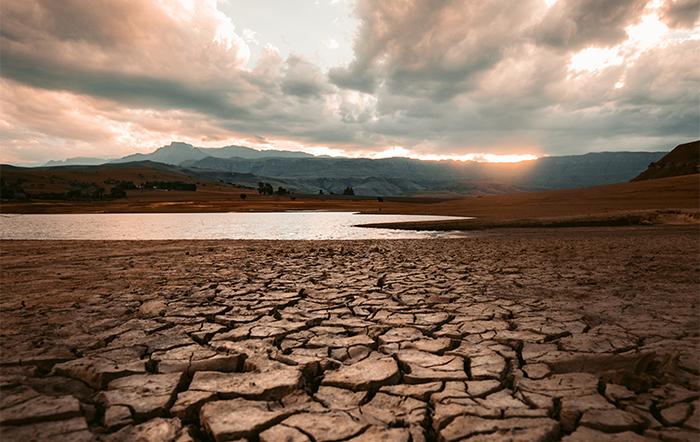
No evidence in claims climate change is fuelling East African migration, warns Oxford study
No link currently exists proving climate change is driving migration out of East Africa, despite a widespread acceptance that human mobility is a key impact of climate change, according to research today from a multi-disciplinary Oxford University team, which maintains the factors driving migration are complex.
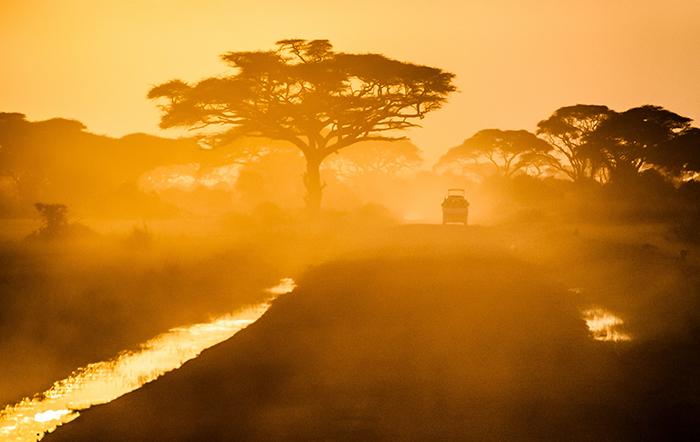
Emmanuel Opoku awarded COVID-19 African Innovation Seed Fund grant
Emmanuel Opoku, a masters student at the School of Geography and the Environment, has been awarded a £1,000 grant from the Vice Chancellor's COVID-19 African Innovation Seed Fund for entrepreneurial projects aimed at addressing global challenges stemming from the pandemic.

Clean water is not just a health issue: it is critical for education
Billions will still be without safe water and sanitation even in 2030, writes Professor Rob Hope, Director, Water Security Initiative, Oxford's School of Geography and the Environment.

Epicentre of major Amazon droughts and fires saw 2.5 billion trees and vines killed
A major drought and forest fires in the Amazon rainforest killed billions of trees and plants and turned one of the world's largest carbon sinks into one of its biggest polluters. Examining the Amazonian epicentre of the El Niño - Brazil's Lower Tapajós, an eastern Amazonia area around twice the size of Belgium - the research team, led by scientists from Lancaster University, the Environmental Change Insitute, University of Oxford, and The Brazilian Agricultural Research Corporation found the damage lasts for multiple years.
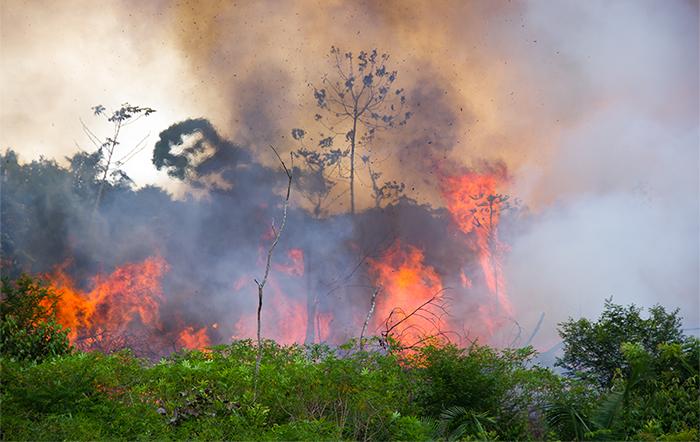
Meet Pete Archer, IT Systems and Support Officer
Pete is our Systems and Support Officer. He provides technical support and assistance as part of the School's IT team.
